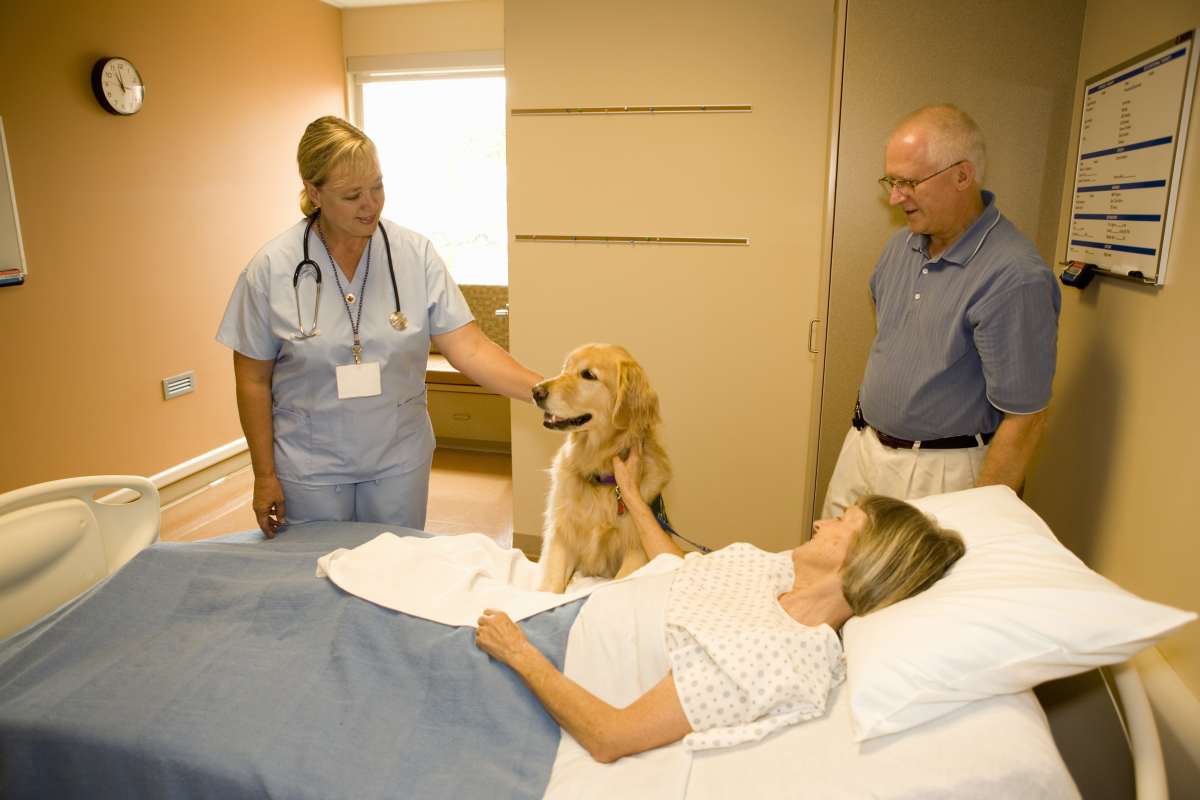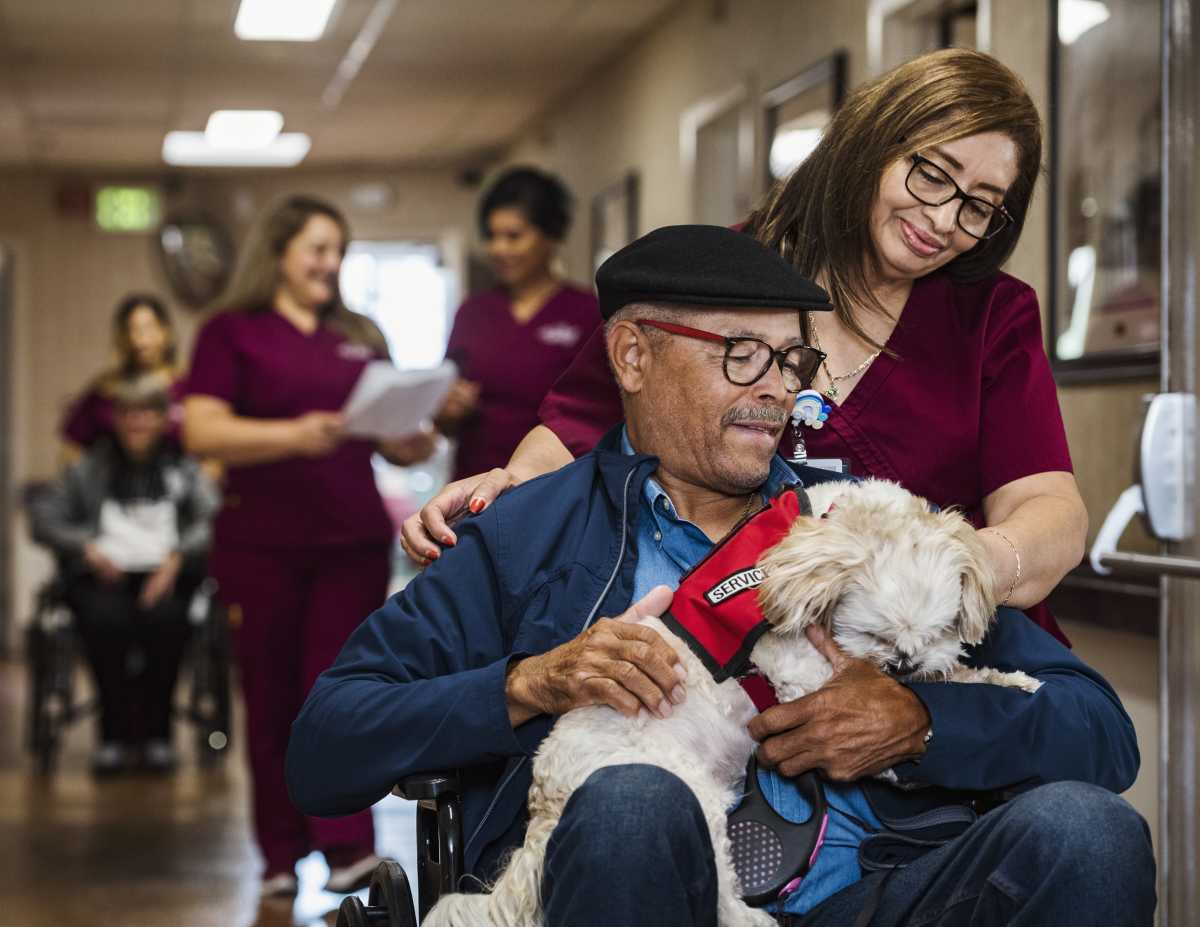Study uses 'robotic cats' to calm delirious patients — and the results have us thanking our pets

In hospitals today, care isn’t just about medicine or surgeries but also about how patients feel emotionally and mentally. That’s the reason schools why are now training future doctors, nurses, and even lawyers to work together. At some universities, students from all three fields meet twice a year to go over tricky cases, like when a seriously ill patient’s family can’t agree on what avenue of care is best. These sessions help students understand how complex real-life situations can be and how different areas of knowledge need to come together to find the right solution. As problems evolve, so do the solutions — especially in the field of mental health.

But even with all this planning and teamwork, hospitals still face big challenges. One of them is the in-patient delirium (a sudden state of confusion and agitation that often affects older patients). It can make recovery harder and is tough for both families and staff. A recent study published in The American Journal of Medicine by Joseph S. Alpert, MD, University of Arizona College of Medicine, Tucson, looked at an elementary, creative idea to help with this problem. The idea was to give at-risk patients robotic stuffed animals and possibly reduce agitation and confusion. These robots were cats that looked like toys, but could move and make purring sounds thanks to a small motor and chip inside. Surprisingly, the goal of using these robotic stuffed animals to calm the patients actually worked.

Patients who had the robotic cats were less likely to become confused or upset. Some even said they would have preferred a dog version, considering they had fond memories of their dogs at home. While the idea is a little 'out of the box', it connects to something hospitals have been doing for years, i.e, bringing real dogs in to visit patients. At places like Banner University of Arizona Hospital, therapy dogs walk the halls to cheer people up. Golden retrievers are always friendly and well-behaved, making them the most common breed in the hospital. Sometimes, patients are even allowed to keep their own small dog in their room if they are feeling anxious from being apart.

While this robotic pet study was small, the results were exciting. Delirium can be hard to treat with medicine alone, and drugs often come with serious side effects. That’s why this comforting and totally safe approach stands out. It shows how something simple, like a stuffed animal that purrs, can make a real difference.
Another study by the News In Health covered the numerous health benefits of human-animal interactions. The report mentions animals serving as a major source of comfort, leading to many therapy dogs being used in hospitals and nursing homes as well. These therapy dogs aim to reduce stress, anxiety, and agitation in the patients. Dr. Ann Berger, a physician and researcher at the NIH Clinical Center in Bethesda, Maryland, also shared, "Dogs are very present. If someone is struggling with something, they know how to sit there and be loving. Their attention is focused on the person all the time."